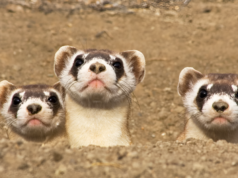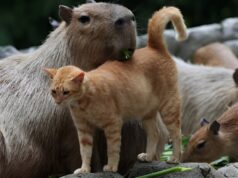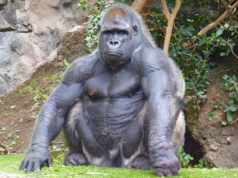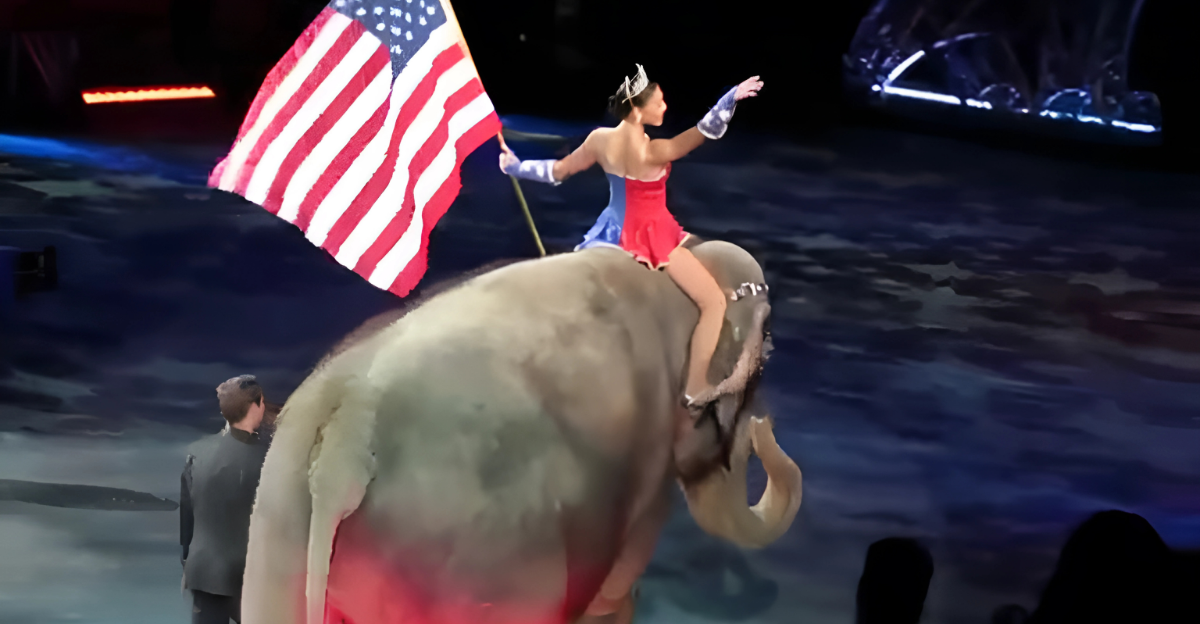
On January 1, 2025, Massachusetts enacted a landmark law prohibiting the use of elephants, lions, tigers, primates, giraffes, and bears in traveling circus acts. This legislation reflects a growing movement across the United States to end the exploitation of wild animals for entertainment purposes. As public awareness of animal welfare issues increases, many are questioning whether their own states will follow suit in implementing similar bans.
Massachusetts Takes a Stand

The new Massachusetts law, signed by Governor Maura Healey in August 2024, imposes civil penalties ranging from $500 to $10,000 per animal for violations. Exceptions to the ban include animals residing in zoos, those used in film productions, and non-exotic animals such as horses, chickens, pigs, and rabbits, which can continue to be exhibited.
A Growing National Trend

With this legislation, Massachusetts became the 11th state to enact restrictions on the use of wild animals in traveling exhibits and shows. States such as California, Colorado, Hawaii, Illinois, New Jersey, and New York have also implemented bans or restrictions on wild animal performances in circuses.
Local Initiatives Leading the Way
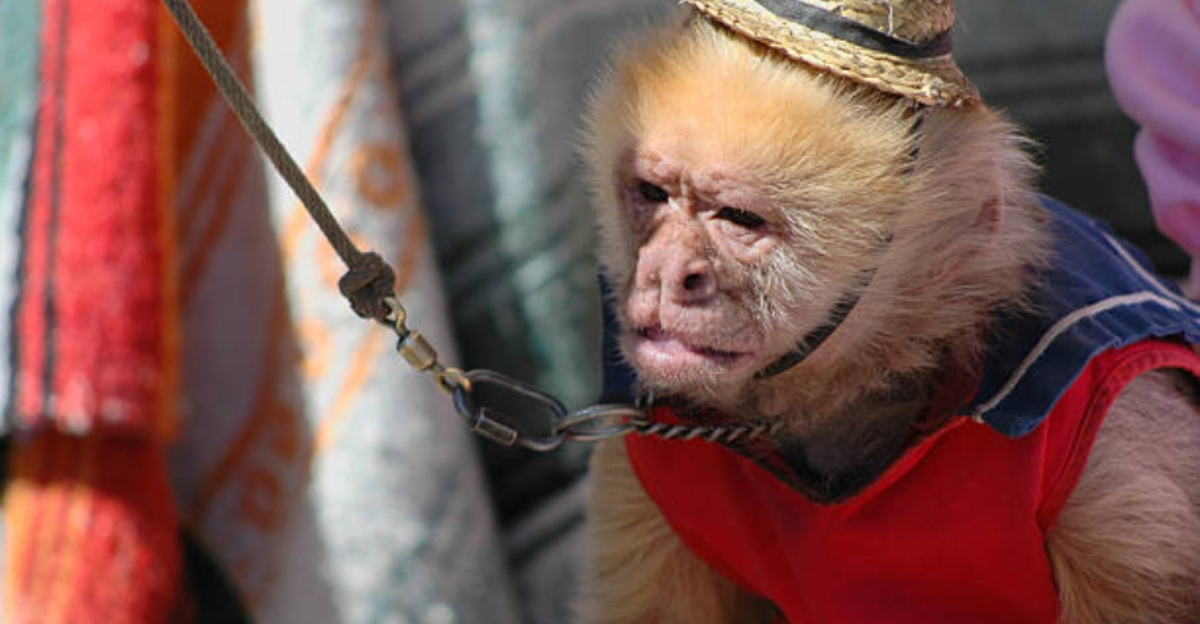
Beyond state-level actions, over 150 localities across 37 states have passed various restrictions or bans on the use of wild animals in circuses. These local measures often serve as catalysts for broader state and national legislation, reflecting the public’s growing concern for animal welfare.
Public Support and Changing Attitudes
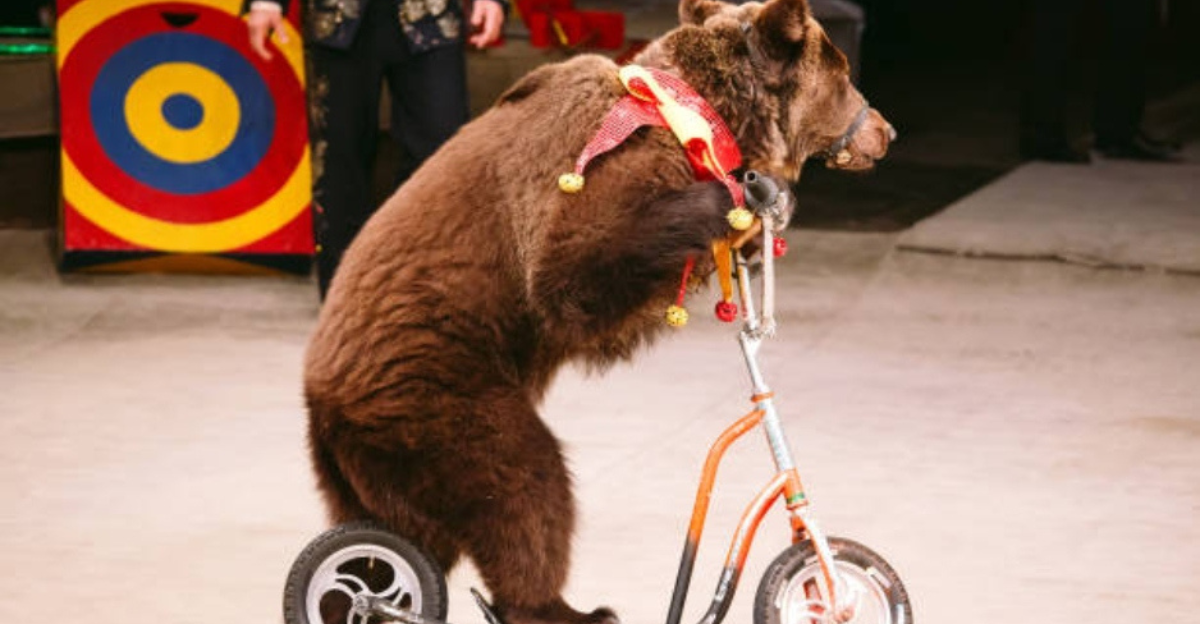
Public opinion has increasingly shifted against the use of wild animals for entertainment. High-profile incidents of animal mistreatment and a greater understanding of the complex needs of wild species have fueled this change. Documentaries and media coverage have played significant roles in educating the public about the ethical issues surrounding animal performances.
Economic Factors Influencing Change
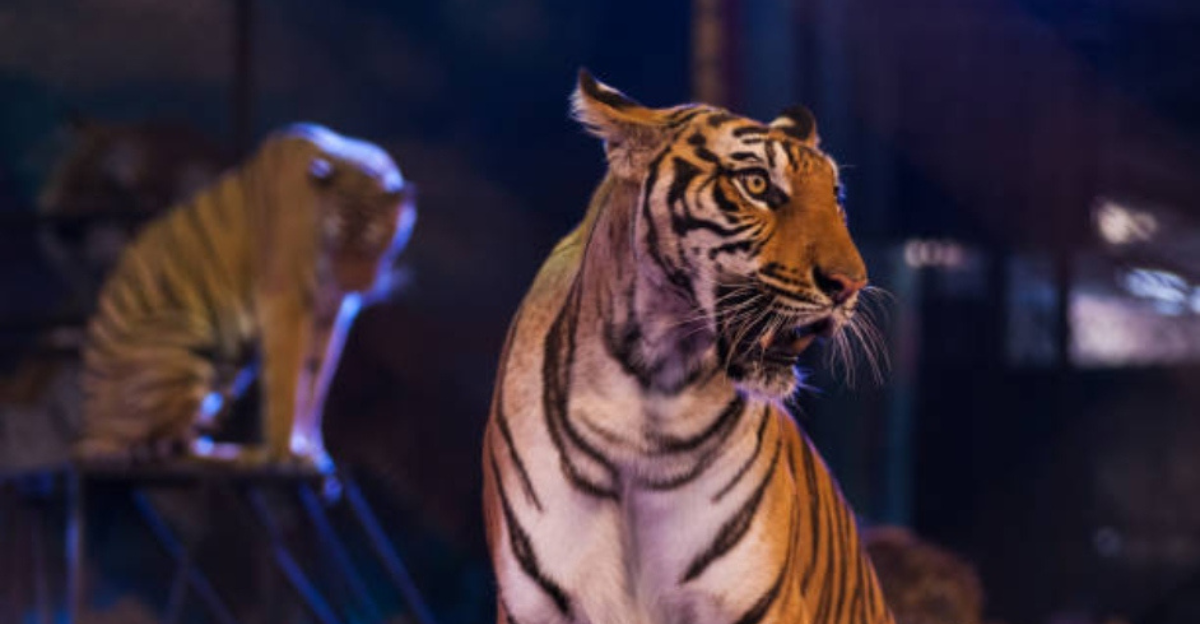
Economic considerations have also contributed to the decline of animal acts in circuses. Notably, Ringling Bros. and Barnum & Bailey Circus, once dubbed “The Greatest Show on Earth,” ceased its animal performances in 2017 due to declining ticket sales and mounting public criticism. When the circus relaunched in 2023, it did so without animal acts, focusing instead on human performances.
Safety Concerns and Legal Implications

The use of wild animals in performances poses significant safety risks. There have been numerous incidents where animals, under stress or mistreatment, have attacked trainers or audience members, leading to injuries and fatalities. These events have prompted legal actions and increased scrutiny of circus practices.
Animal Welfare Organizations’ Advocacy
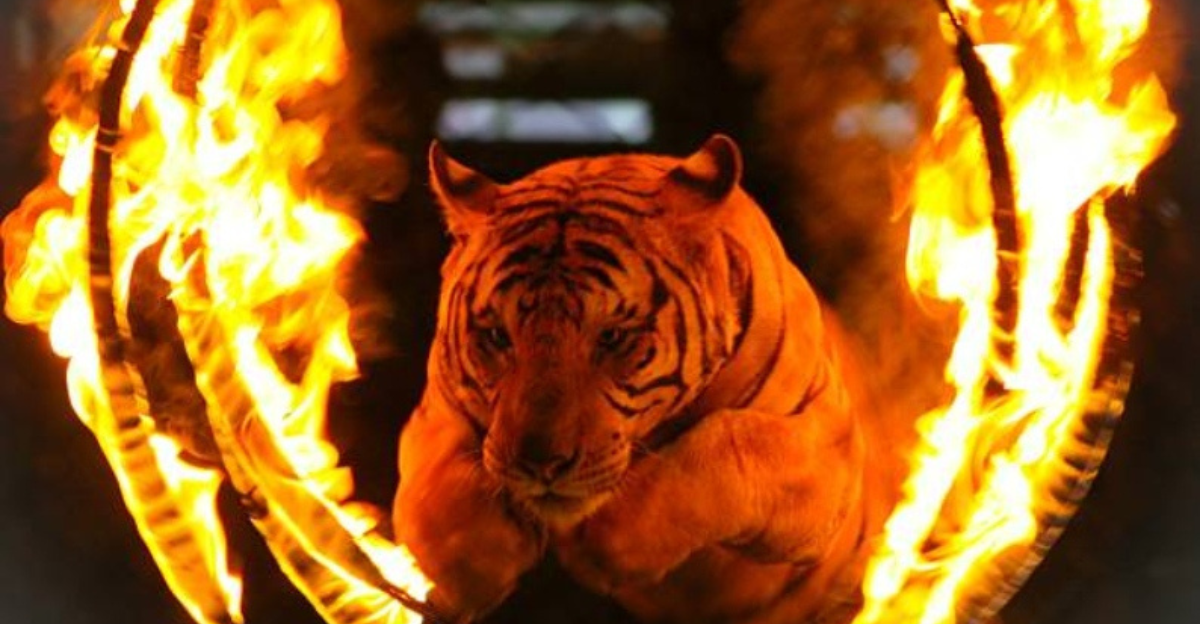
Organizations such as the Humane Society of the United States and Animal Defenders International have been at the forefront of advocating for bans on wild animal performances. Their efforts include public education campaigns, lobbying for legislation, and documenting instances of animal cruelty to raise awareness and drive change.
International Perspective

Globally, more than 40 countries have implemented nationwide bans on the use of wild animals in circuses. These international precedents have influenced U.S. states and localities to consider similar measures, contributing to the momentum of the movement within the United States.
Challenges and Opposition
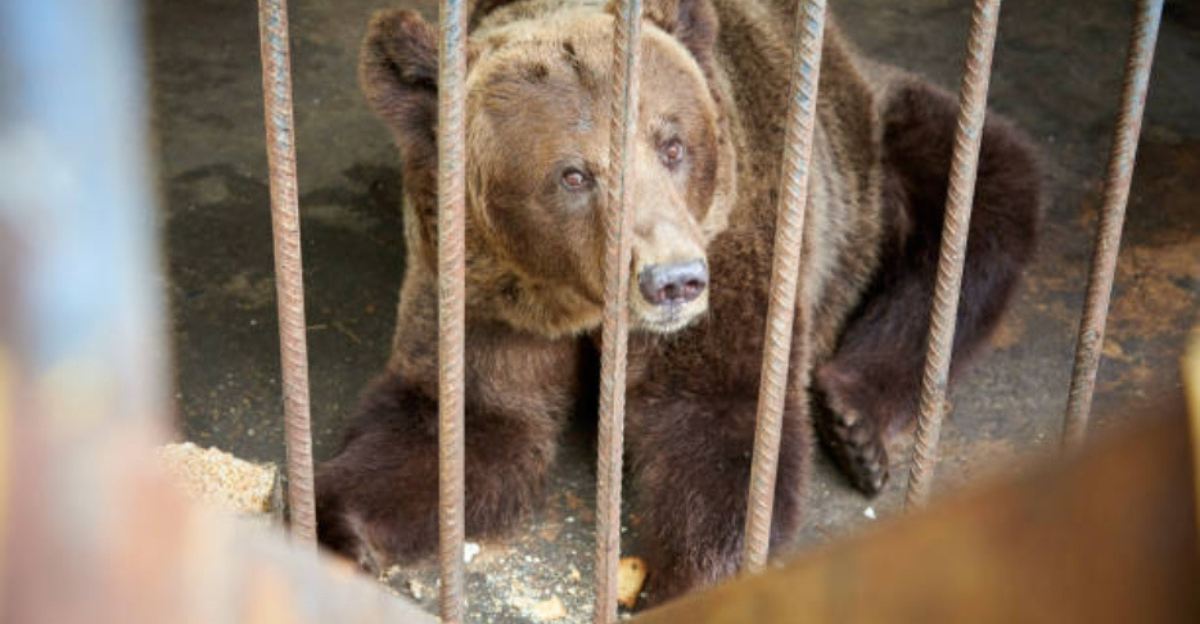
Despite the growing support for bans, there is opposition from within the circus industry. Some circus operators argue that their animals are well cared for and that performances serve educational purposes. They contend that existing regulations are sufficient to ensure animal welfare and that additional bans are unnecessary.
The Role of Legislation in Driving Change
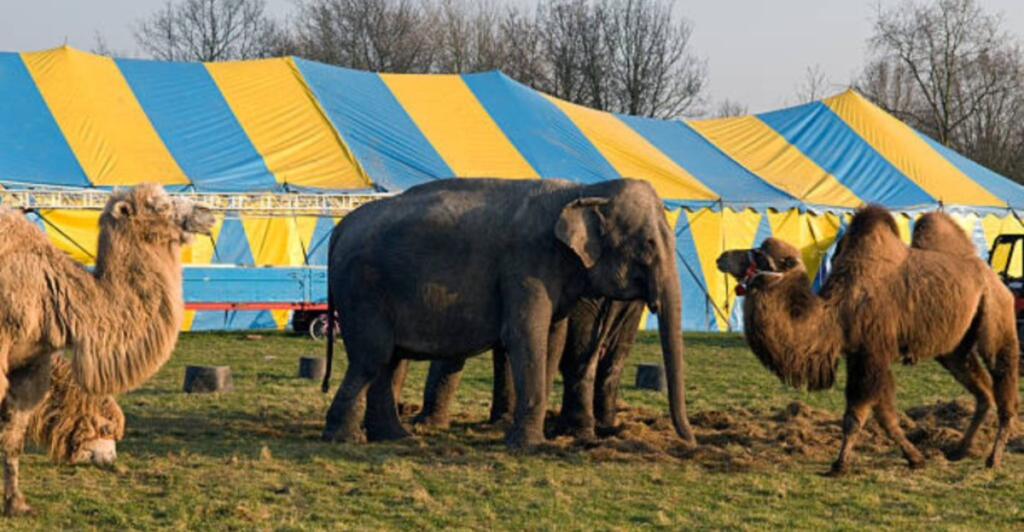
Legislative action has proven to be a critical tool in effecting change. As more states and localities pass bans, there is increased pressure on neighboring regions to adopt similar measures, creating a ripple effect that accelerates the nationwide movement against wild animal performances.
Looking Ahead: Is Your State Next?
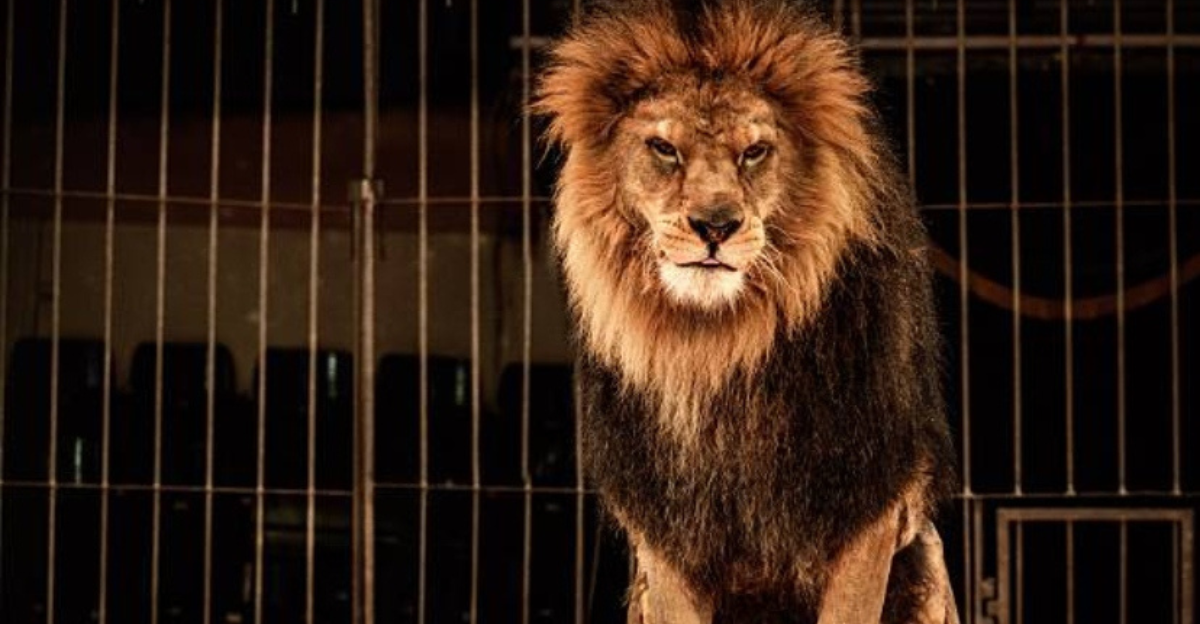
As the movement gains momentum, residents in states without bans are increasingly advocating for change. Grassroots campaigns, public petitions, and engagement with local representatives are strategies being employed to push for legislation. The question remains: will your state be the next to say no to circus animals?
A Win For Wildlife
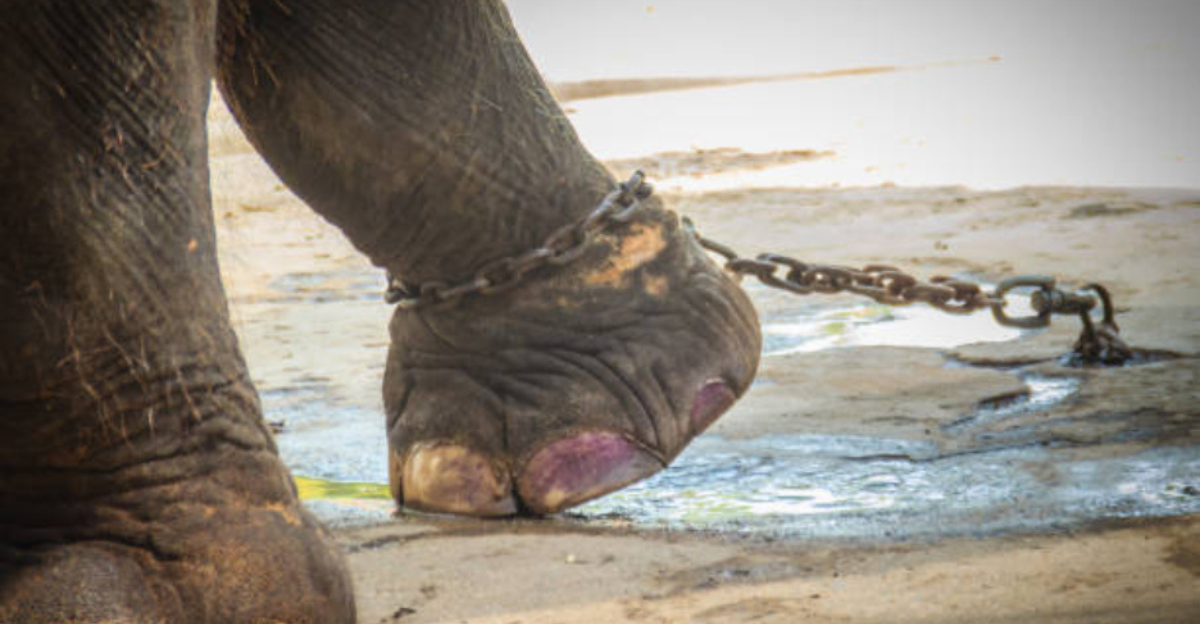
Massachusetts’ recent ban on the use of certain wild animals in traveling circus acts marks a significant milestone in the ongoing effort to end animal exploitation in entertainment. This action reflects a broader national and international trend toward recognizing and protecting animal welfare. As public awareness and support continue to grow, it is likely that more states will consider and implement similar bans, signaling a transformative shift in societal values regarding the treatment of animals.
Discover more of our trending stories and follow us to keep them appearing in your feed

Why Are Conservation Groups Demanding Justice for a Mexican Wolf Found Dead Near Flagstaff?
Hunters Face Felony Charges For Killing Mountain Lions—A Wake-Up Call For The Hunting Community
A Climate ‘Time Bomb’ in the Mediterranean Threatens Global Weather—Is the U.S. Prepared?
Earth’s Third Form Of Life Discovered—And It’s Reshaping Power Generation As We Know It
References:
Reference 1
Reference 2
This article first appeared here
Stay connected with us for more stories like this! Follow us to get the latest updates or hit the Follow button at the top of this article, and let us know what you think by leaving your feedback below. We’d love to hear from you!


